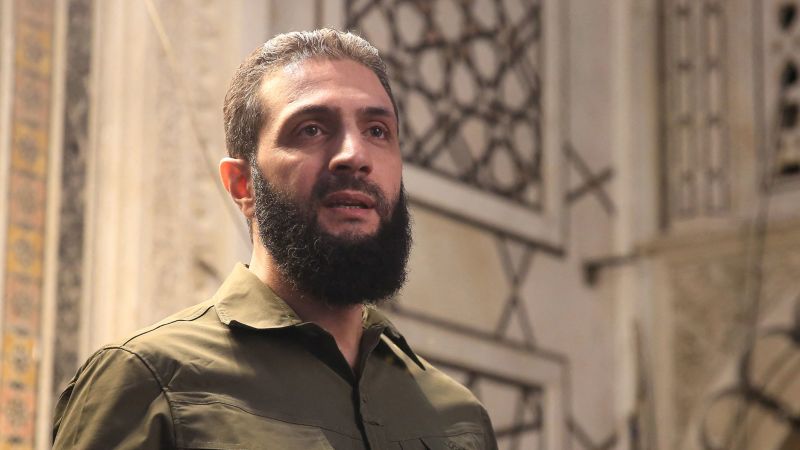Syria’s New Regime Seeks International Legitimacy
Syria’s new regime, led by Hayat Tahrir al Sham (HTS), a group with former ties to al Qaeda, is seeking to gain international legitimacy. Since ousting ex-President Bashar al Assad’s regime last week, HTS leader Abu Mohammed al-Jolani has been meeting with foreign dignitaries, including the UN special envoy for Syria, Geir Otto Pedersen.
Pedersen expressed hope that the international community will “hopefully see a quick end to sanctions, so that we can see really a rallying around building up Syria again.” However, he also warned that there must be “justice and accountability for crimes” through a credible justice system.
The European Union has also established contact with the new government, with EU foreign policy chief Kaja Kallas saying she has tasked a European top diplomat in Syria to make contacts with the new government and people. The United States, United Kingdom, Qatar, and Turkey have also established contact with the rebel group.
Experts warn that while Syria’s unfolding events present an opportunity to prevent the state from collapsing, they also come with uncertainties and risks as the country’s new leaders come to power, many with an unsavory past.
HTS leader al-Jolani has been meeting with foreign dignitaries, pushing back against the enduring terror designation, calling it “primarily political and, at the same time, inaccurate.” The US has had direct contact with HTS, with Secretary of State Antony Blinken confirming the contact.
It is unclear whether Western states will lift the terror designation or what will become of the pre-existing sanctions that were placed on the former regime. The US is watching whether HTS’s statements are translated into actions on the ground, and a senior state department official said the US is hopeful that they will be.
Syria’s economy has been crippled for years by Western sanctions, with the country’s economy shrinking by more than half between 2010 and 2020. Poverty affects 69% of Syria’s population, and extreme poverty affects more than one in four Syrians.
Experts warn that while Assad’s fall presents an opportunity, it is “not a panacea and could lead to further instability if not carefully managed.” The Biden and Trump administrations must adopt a balanced and strategic approach, focusing on inclusive governance, humanitarian support, and regional stability.

